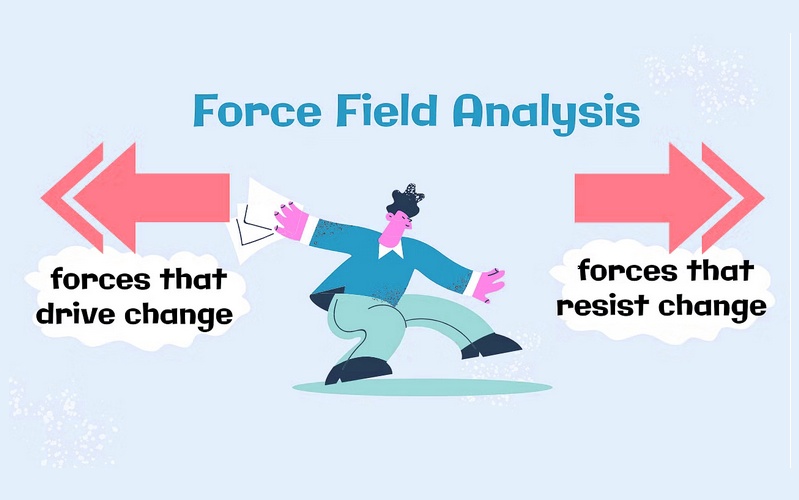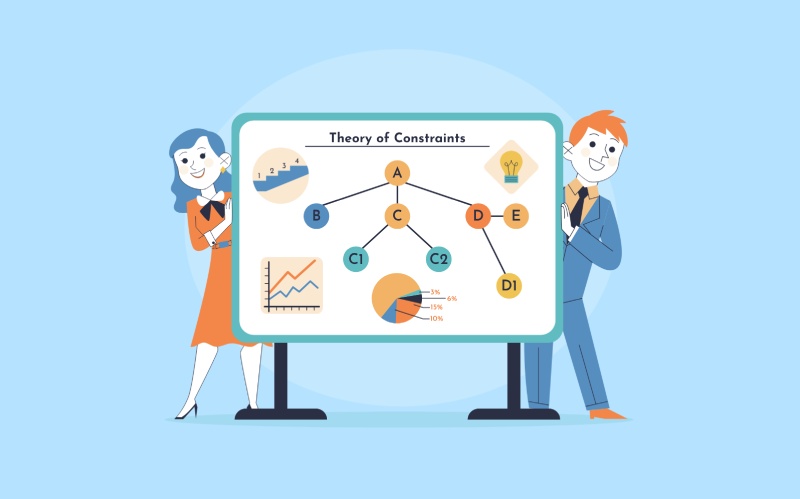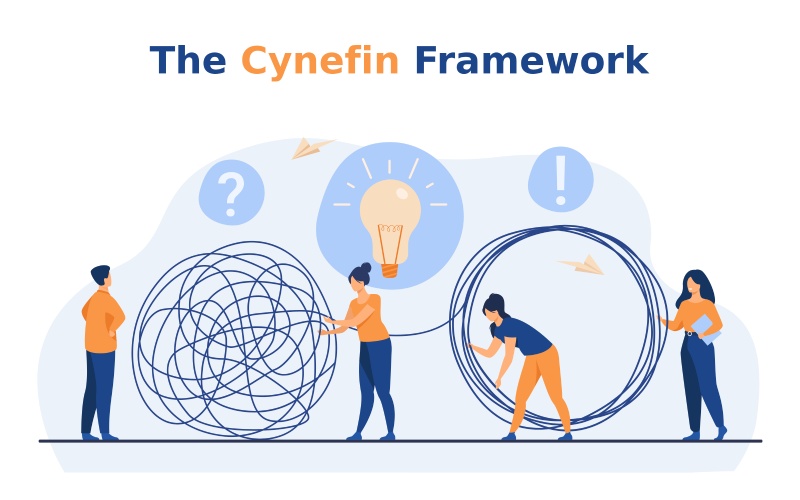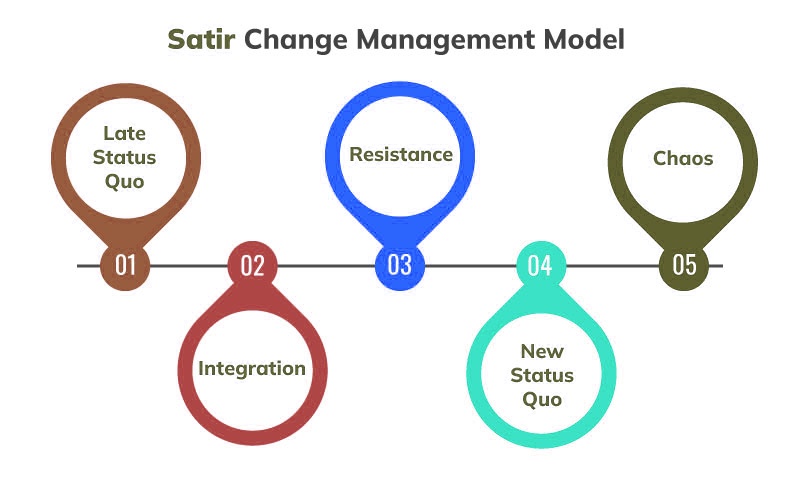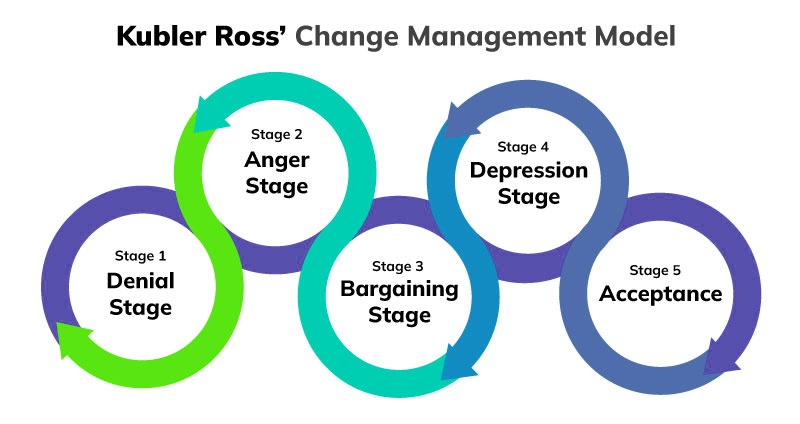Overview
In the realm of decision-making and strategic interactions, Game Theory stands as a powerful framework for analyzing situations where the outcome of one's choices depends on the decisions of others. Developed by mathematicians John von Neumann and Oskar Morgenstern in the 1940s, Game Theory has since evolved into a versatile tool with applications spanning economics, politics, biology, and beyond. In this comprehensive guide, we'll delve into the core principles of Game Theory, explore its key concepts, and examine its diverse applications in various domains.
Table of Contents
Understanding Game Theory
At its core, Game Theory is the study of strategic interactions among rational decision-makers, known as players, who aim to maximize their own utility or payoff. These players engage in a game, which is a formal representation of the strategic situation, characterized by a set of players, strategies, and payoffs. Game Theory analyzes how players' choices interplay and influence each other's outcomes, leading to different equilibrium solutions.
Core Concepts of Game Theory
Players: In Game Theory, players are the individuals or entities making decisions within the strategic environment. Each player has a set of available strategies from which to choose.
Strategies: Strategies represent the possible courses of action available to each player. Players strategically select their actions based on their objectives and expectations of others' behavior.
Payoffs: Payoffs quantify the outcomes or rewards associated with different combinations of players' strategies. Payoffs reflect each player's preferences and represent their utility or satisfaction.
Equilibrium: Equilibrium refers to a stable state where no player has an incentive to unilaterally deviate from their chosen strategy, given the strategies chosen by others. The most common equilibrium concept in Game Theory is the Nash equilibrium, named after John Nash, which represents a set of strategies where no player can improve their payoff by unilaterally changing their strategy.
Types of Games
Normal Form Games: In normal form games, players simultaneously choose their strategies without knowledge of other players' choices. This includes games such as the Prisoner's Dilemma, Battle of the Sexes, and Coordination Games.
Extensive Form Games: Extensive form games model sequential decision-making, where players move sequentially, and the actions of earlier players influence the choices available to subsequent players. Examples include games like Chess, Poker, and Sequential Bargaining.
Cooperative Games: In cooperative games, players can form coalitions and negotiate binding agreements to achieve joint outcomes. Cooperative Game Theory studies how players can distribute the gains from cooperation among themselves.
Applications of Game Theory
Economics: Game Theory has extensive applications in economics, including industrial organization, auction design, and bargaining theory. It provides insights into market competition, strategic pricing, and oligopoly behavior.
Political Science: Game Theory is used to analyze political interactions, such as voting behavior, coalition formation, and international conflict resolution. It helps understand strategic interactions among nations, political parties, and interest groups.
Biology: In biology, Game Theory is applied to study evolutionary dynamics, including the evolution of cooperation, altruism, and competition among organisms. It provides a framework for understanding the strategic behavior observed in ecological systems.
Computer Science: Game Theory informs algorithms and protocols in computer science, particularly in the fields of distributed computing, network design, and mechanism design. It helps design systems that incentivize desired behaviors and mitigate strategic manipulations.
Significance of Game Theory
Game Theory offers several insights and advantages:
- Strategic Insight: Game Theory provides a systematic framework for analyzing strategic interactions and predicting outcomes in competitive environments.
- Decision Support: By modeling decision problems as games, Game Theory helps decision-makers anticipate the consequences of their actions and make informed choices.
- Conflict Resolution: Game Theory offers strategies for resolving conflicts and negotiating mutually beneficial outcomes in adversarial situations.
- Policy Design: Game Theory informs policy design and regulation in various domains, enabling policymakers to address market failures, incentivize cooperation, and mitigate strategic behavior.
Conclusion
In conclusion, Game Theory serves as a powerful tool for analyzing strategic interactions and decision-making in diverse contexts. Its applications span economics, politics, biology, and computer science, offering insights into competitive dynamics, cooperative behavior, and conflict resolution. By understanding the principles of Game Theory, individuals and organizations can navigate strategic environments more effectively, anticipate opponents' moves, and achieve desirable outcomes in complex and uncertain situations.






